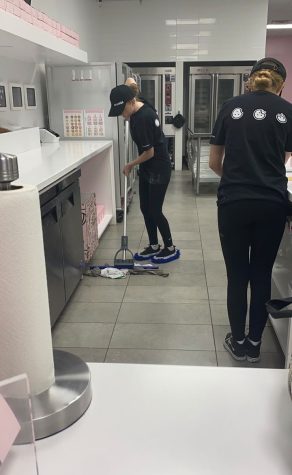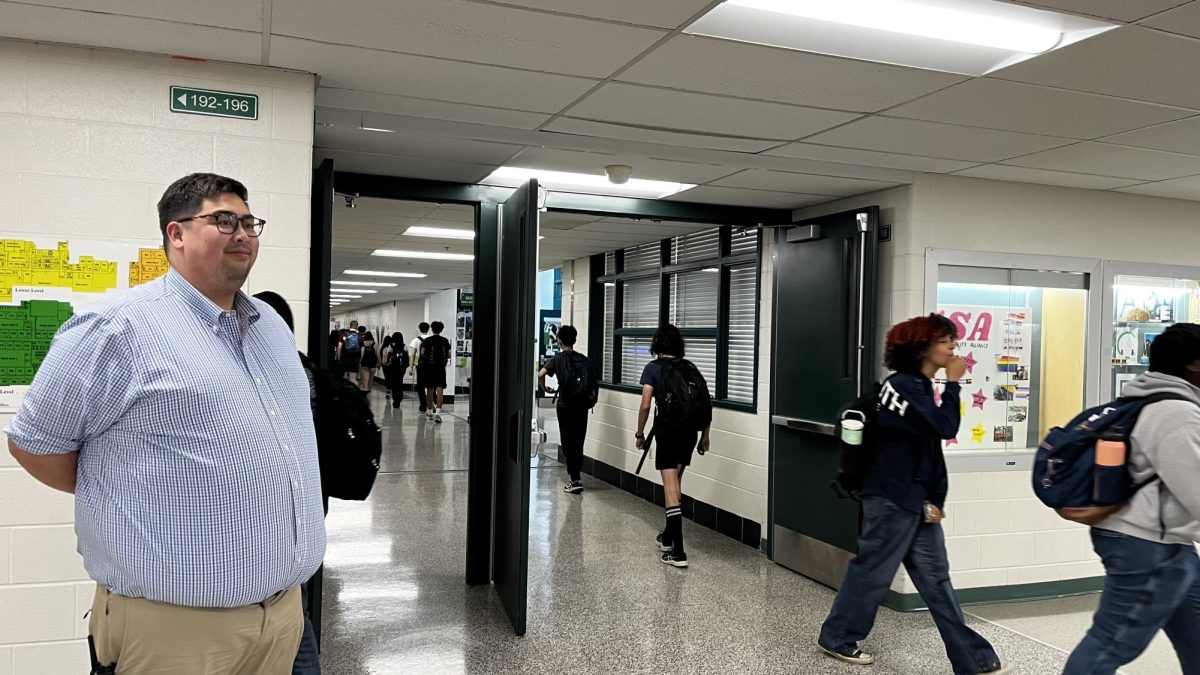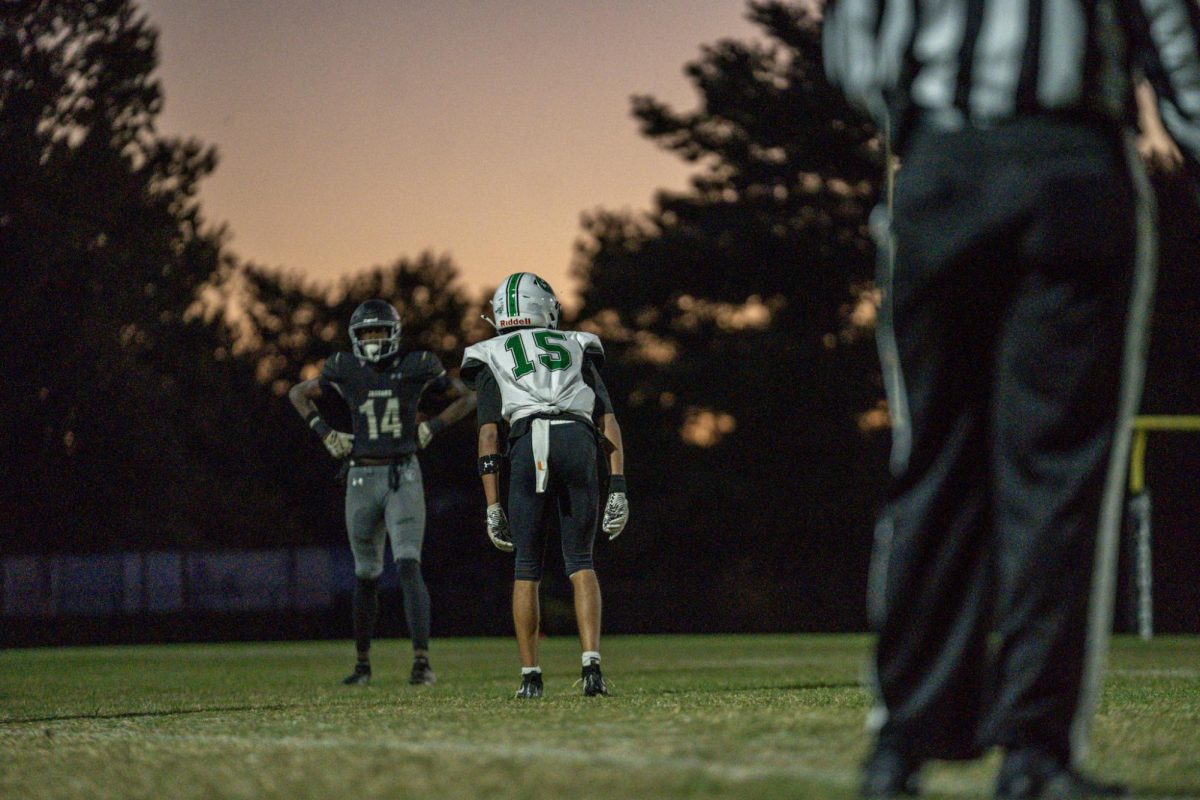In July 2021, a US Bureau of Labor Statistics report explained that 54.4% of young people (persons aged 16 to 24) were employed in the US. For high schoolers specifically, employment can present itself in many different ways—babysitting, becoming a tutor, taking up a job at a local store, or even starting a business. All of these opportunities are out there for mere 15-year-olds to seize and in most cases, these experiences are positively life-changing. Having a job teaches people accountability, fiscal responsibility and the importance of commitment. But on occasion, these “positive learning experiences” can become terrible mistakes when workplaces become filled with toxicity and lies. For a small percentage of students, this has been the unpleasant reality of taking up a job.
One tragic result that sometimes comes from working a job is sexual harassment and bullying. When senior Gretchen Klotz became a lifeguard at American Pools in the Summer of 2020, she was expecting a welcoming environment in which she could have fun, make some money and meet new people. But just a few weeks into the job, she and many other fellow lifeguards started to notice that their manager was acting inappropriately toward many of the girls on the staff.
“I was disgusted. He turned what was supposed to be a fun opportunity into something that made us all feel unsafe,” Klotz said.
After time spent pondering what to do about the situation, Klotz decided to take a stand.
Klotz is not alone in her struggle to feel safe and appreciated in her workplace. In the case of senior Ella Nilsen, managers at Crumbl Cookie on Rockville Pike exploited the high schoolers working there for their time and money.
“They had minors working night shifts that were supposed to end at 10:45 on weekdays and 12:45 on weekends, but we consistently stayed an hour or more after every shift. Then they would take you off the schedule to avoid paying you overtime after you’ve been going home at 1:30 am all weekend on top of school…they paid me under the minimum wage for my first two months until I asked for a check for all my missing wages the minute I realized they had been paying me incorrectly,” Nilsen said.

Unfortunately, the type of loopholes that Nilsen describes surrounding payment and shifts are far from abnormal. While the state of Maryland and the national government at large have passed and enforced several child labor laws that would prevent the sort of overworking that Nilsen experienced, it is still very easy for employers to strategically schedule their teenage employees for shifts under the six-hour span that would warrant a thirty-minute break. This technically means that if a manager were to schedule someone for just an hour less, they would be able to cut that person’s break in half.
Regardless, the only real way to escape situations like this one is to quite literally leave this work environment. While yes, one could report these violations to the county or the state, the likelihood of any repercussions coming from this report is very slim. Managers of franchises don’t tend to operate illegally but instead, find secretive ways to get the most “bang for their buck.” With that said, the market for minimum wage jobs such as the ones that Klotz and Nilsen worked is rather expansive. While quitting a job might seem scary, know that there are countless opportunities waiting for you if you just explore them.
“I didn’t quit Crumbl for a long time because I needed the job and I needed the money. It wasn’t pocket money. It was college money. It was money to fund my future. I wasn’t going to quit until I secured another job that I could go to immediately, but the impact Crumbl had on my mental health was immense. So if it’s realistic, prioritize your mental health, your physical health, and find a better job when the time is right,” Nielsen said.















